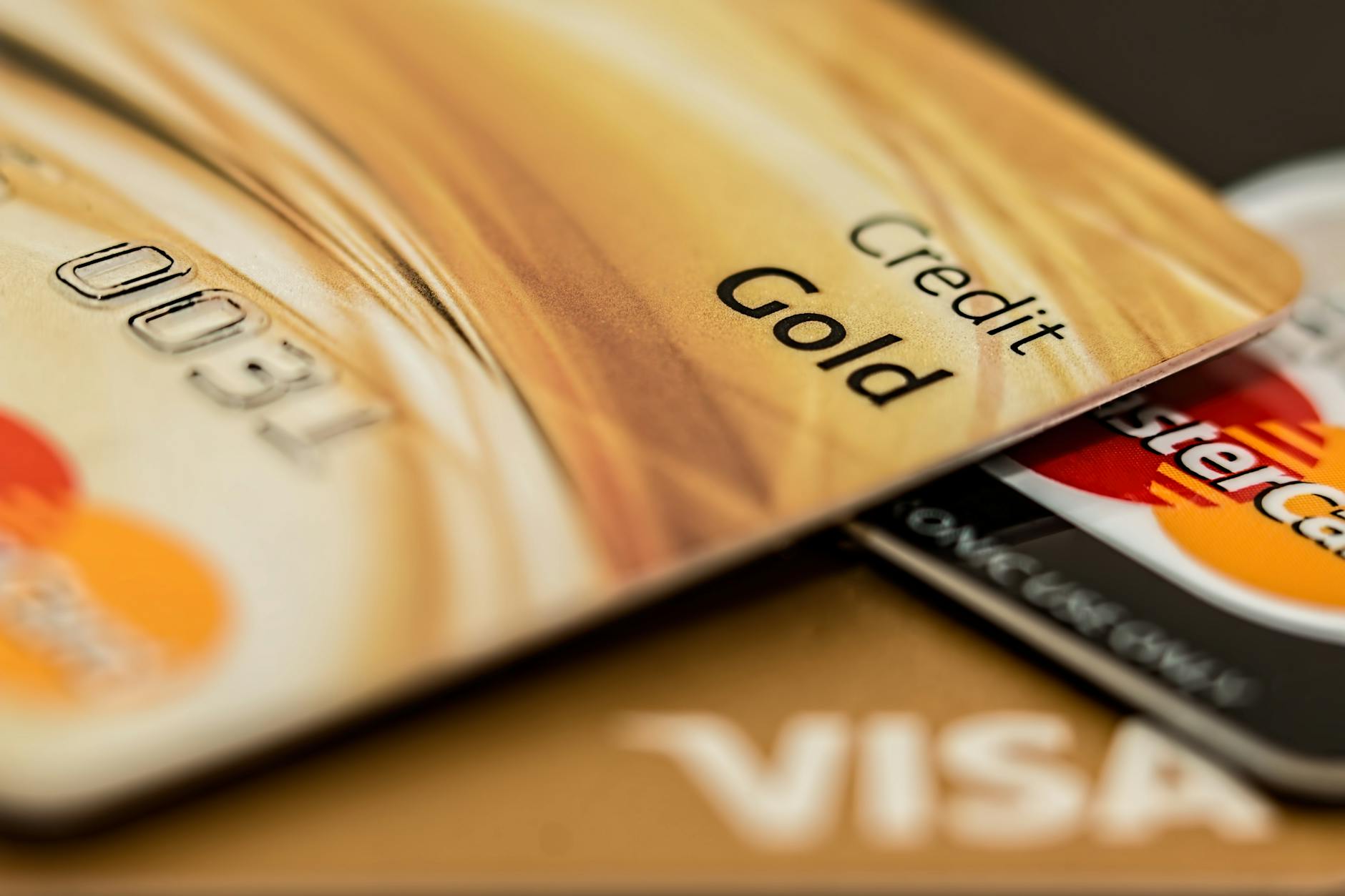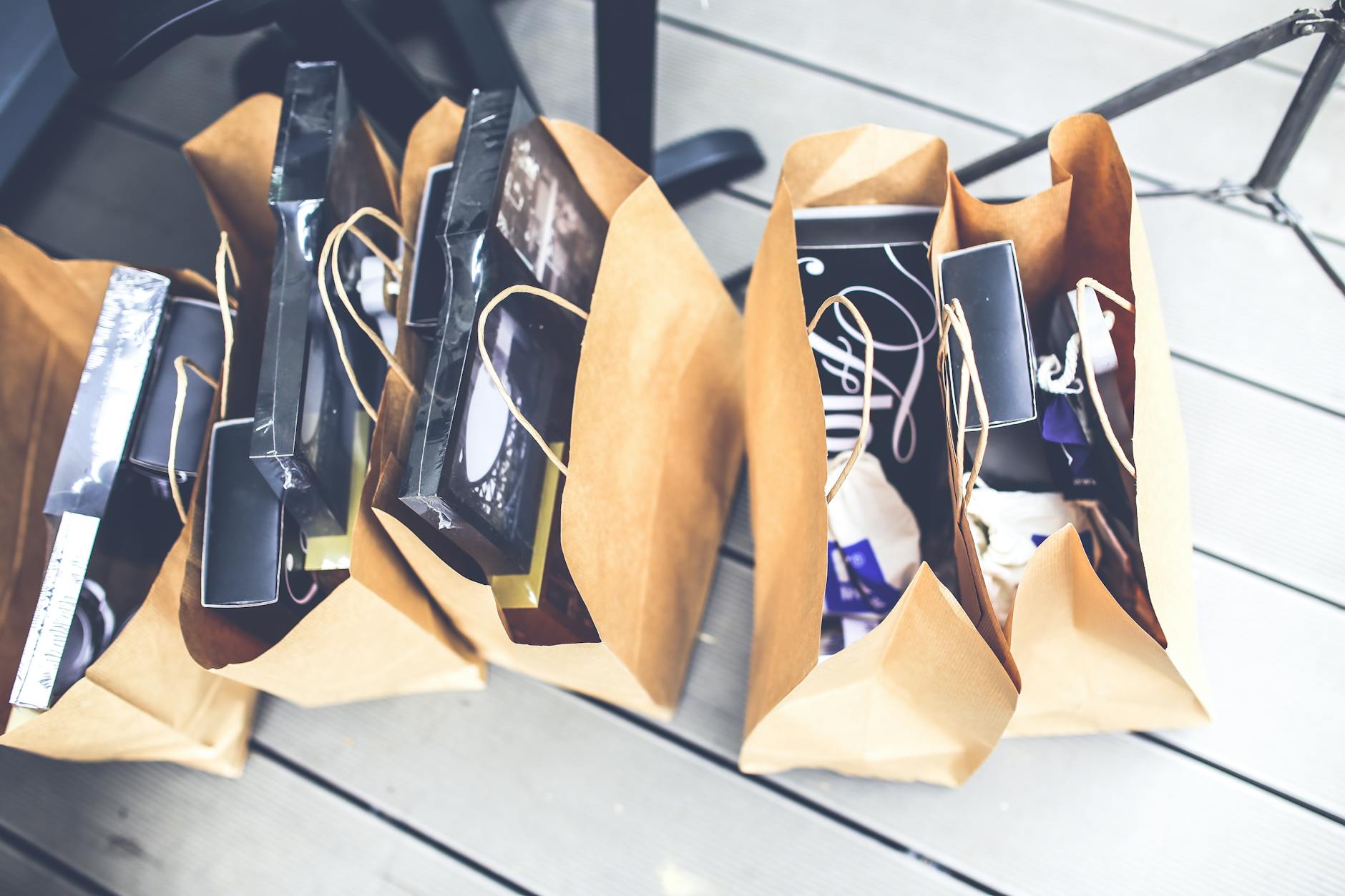Here is Everything You Need to Do Before You Travel
As I prepare for my upcoming three week trip to Asia in November, I started unconsciously compiling a whole laundry list of things I need to do before we leave (super Type A, I know - but I can't help it, I like to stay organized!). I thought I would share it for anyone who wants to check off all their to-dos in one place, as well as remind myself before I go!
ONE MONTH BEFORE
I'm assuming that people generally book their flights and accommodations at least one month before they travel, but you should definitely do that if you haven't already.
Otherwise, these are things you should do at least a month before your trip:
1. Renew your passport
You do not want to get stuck in a foreign country with an expired passport! If your passport is expiring soon, head to your nearest passport office to get it renewed. It typically takes around 2-3 weeks for them to turn it around.2. Apply for visas
As a Canadian, you don't need a visa for places like Europe, New Zealand, Japan, South Korea, Thailand, etc. However, you DO need to apply for a visa for countries such as China and Australia. Make sure you look up whether the country you're traveling to requires a visa application. If so, make sure you apply well in advance!
3. Get a valid International Driver's Permit
If you are renting a car, ensure you have applied for an International Driver's Permit. You won't need this in the U.S., but you will need this if driving around in Asia or other countries. The turnaround time is typically 3 weeks from the CAA.
4. Bring proof of LDW insurance
If you declined the Loss/Collision Damage Waiver on your car rental because your credit card already covers it, bring a copy of the pamphlet that came with your credit card detailing the insurance coverage. Sometimes car rental places will ask to look at it for proof of insurance.
5. Bring proof of liability insurance
This is applicable to driving in the States, as credit cards never cover liability insurance. Many auto insurers do cover driving in the States, though you should check with your provider to confirm.
6. Get a haircut
I speak from experience - never get a haircut RIGHT before you leave. In the event your hairdresser messes up your hair, you are going to be stuck with bad hair in all of your precious vacation photos! That's why you should always get a haircut in advance - so that any bad haircuts can have time to grow out. For women, I recommend cutting your hair about a month before; for men, about two weeks out.
7. Refill any prescription medications from your doctor
Medication can be a hassle to obtain in countries where you don't speak the language or don't have the same pharmaceutical brands. Make sure your prescriptions are filled and packed before you go.
8. Buy allergy medication
Again, speaking from experience, bring your own Claritin or other allergy medication in case you eat something funny. Trying to figure out the foreign equivalent of antihistamine while battling hives is not a fun process.
9. Sign up for a credit card without foreign transaction fees
If you don't already have a credit card that doesn't charge foreign transaction fees, you should plan for at least 2-3 weeks lead time for the application. That way, your card will arrive just in time for your trip.
THE WEEK BEFORE
There's actually a lot to do in the week before, so make sure you carve out time to do all the shopping and pre-trip preparation.
10. Check the weather
Always check the temperature and weather in the city you'll be ending up in, and pack appropriate clothing. If you google "city + weather + month", you will get a good sense of what to expect.
11. Call your credit card company
You should definitely notify all of your credit card providers that you will be traveling abroad, even if you don't plan on using all of your cards. That way, you won't have any declined transactions while abroad.12. Pay or pre-pay your bills
The last thing you'll be thinking about while frolicking around on vacation is paying your bills. Make sure you pay off your credit cards, utilities, mortgage, etc. before you leave so you don't come back to a nasty surprise after you trip.
13. Keep money in your chequing account
If you plan on withdrawing any cash at ATMs abroad, ensure you have at least a few hundred in your chequing account so you can withdraw enough cash for the trip.
14. Get a roaming plan or research SIM cards
If you're traveling to the U.S., there are several cell phone roaming options you can choose from. If you're traveling elsewhere, I recommend researching local telecom providers for cheap SIM cards. For example, we got our SIM cards and phone plans at the airport in Australia, New Zealand, and Fiji, all for $20-25 each.
15. Unlock your phone
On a related note, if your phone is locked to carrier, make sure you unlock it so that it can accept local SIM cards.
16. Buy travel accessories
If you need a portable charger, selfie stick, or any other travel accessory - make sure you buy it during this time. I have a list of travel accessories that are actually useful, so check that out if you need ideas.
17. Download movies, TV shows, and music
Start building your trip playlists early on to keep you entertained while flying or driving.
THE DAY BEFORE
Hopefully, if you've done all the things I mentioned above, booked all your accommodations and packed all your suitcases, then you shouldn't have much to do the day before. The only things I would mention are...
18. Check in to your flight
I always try to check in to my flights as soon as I can, i.e. exactly 24h before I fly. This way, there is a lot more seat availability and I can choose where I want to sit. This also expedites the check-in process at the airport.19. Charge all your electronics
If you have a phone, laptop, tablet, camera, and/or portable charger, definitely make sure these are at 100% battery. This way, you can stay entertained on the plane and take pictures once you land.
20. Download Google offline maps.
Even if you have researched your local cell phone providers or purchased a roaming package, it's always a good idea to download offline maps from Google to navigate around. This is useful if you plan on driving outside of major urban centres where cellular networks are not as dense.21. Throw out any leftover food/garbage
Self-explanatory. You don't want to come back to a stinky fridge!
Did I miss anything? I hope not. That felt like a pretty long checklist to take care of.











Comments
Post a Comment